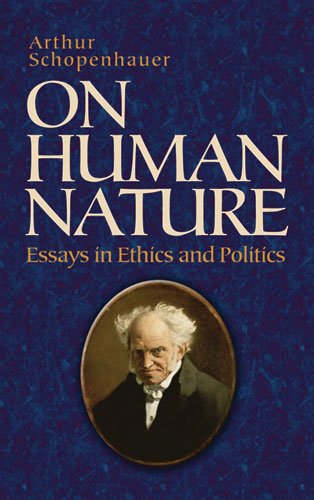Natural Law and Human Nature (Audiobook) | Date: 11 April 2011, 17:47
|
This course traces the origins and consequences of the theory of natural law.
Natural law is the idea that there is an objective moral order, grounded in essential humanity, that holds universal and permanent implications for the ways we should conduct ourselves as free and responsible human beings.
In Natural Law and Human Nature, you consider the arguments for natural law, the serious objections that have been raised against it, and the ways, despite all overt criticisms, it remains a vital and even pervasive force in political, moral, and social life today, even while traveling under another name.
[b]Morality, Humanity, and Being[/b]
Father Joseph Koterski argues that views about ethics typically derive from views about human nature, and behind these, views about being itself. Thus no consideration of moral theories and their applications can be complete without an investigation of philosophical anthropology and even some consideration of metaphysical questions. These background issues will be things to keep in mind as you listen to or view the lectures.
You then turn your attention to the key arguments about justice that took place in the ancient Greek world, beginning with the pre-Socratic philosophers and the Sophists.
[b]Classical Origins[/b]
Shaping Father Koterski's historical treatment is an appreciation of just how much thought, effort, and brilliance went into formulating and defending the crucial insights of natural law theory.
Father Koterski gives a clear example of this when he reconstructs the virtual dialogue that took place between the Ionian scientists, the Sophists, and their great interlocutors, Socrates, Plato, and Aristotle. Dealing not only with arguments about justice but also with questions about how change can occur (metaphysics again!), Aristotle (384–322 B.C.E.) pushed this debate forward dramatically by framing an account of nature and causation that laid the groundwork not only for natural law theory but also for modern physical science (which edits but does not erase Aristotle's fourfold taxonomy of causes).
Father Koterski explains how Aristotle's notion of nature as an inner, goal-oriented dynamism set the stage for progress in moral understanding by allowing thinkers to distinguish more readily—albeit never perfectly—between the natural on the one hand and the merely habitual, customary, or familiar, on the other.
[hide=Course Lecture Titles][list][*]1. The Philosophical Approach
[*]2. The General Nature of Ethics
[*]3. Law, Nature, Natural Law
[*]4. Principles of Natural Law Theory
[*]5. Greek Ideas of Nature and Justice
[*]6. Aristotle's Clarification of "Nature"
[*]7. Aristotle on Justice and Politics
[*]8. The Stoic Idea of Natural Law
[*]9. Biblical Views of Nature and Law
[*]10. Early Christians, Nature, and Law
[*]11. Roman, Canon, and Natural Law
[*]12. The Thomistic Synthesis
[*]13. Late Medieval and Early Modern Views
[*]14. Hobbes and Locke
[*]15. Natural Law and the Founding Fathers
[*]16. Descartes, Rousseau, and Kant
[*]17. Can Rights Exist Without Natural Law?
[*]18. The Question of Evolution
[*]19. The Paradox of Cultural Relativism
[*]20. The Problem of God
[*]21. Current Applications—Jurisprudence
[*]22. Current Applications—Bioethics
[*]23. Current Applications—Social Ethics
[*]24. The Eternal Return of Natural Law
[/list][/hide]
|
DISCLAIMER:
This site does not store Natural Law and Human Nature (Audiobook) on its server. We only index and link to Natural Law and Human Nature (Audiobook) provided by other sites. Please contact the content providers to delete Natural Law and Human Nature (Audiobook) if any and email us, we'll remove relevant links or contents immediately.
|
 |
|
 Comments (0)
All
Comments (0)
All






